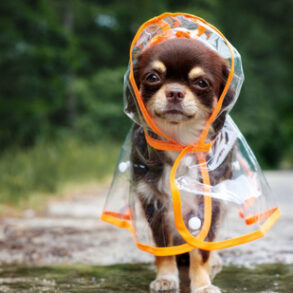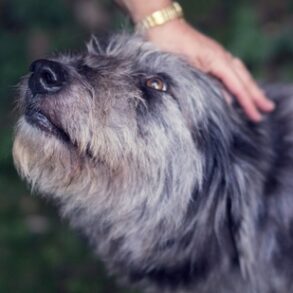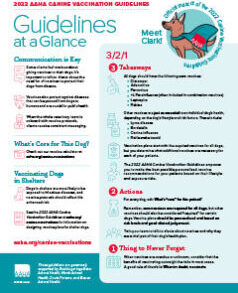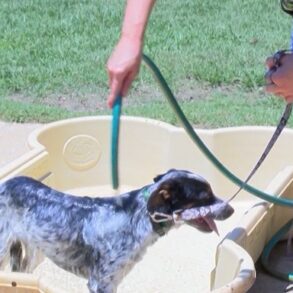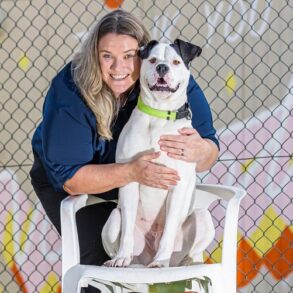
Dogs may be struck by the January blues as our empathetic four-legged friends mirror human emotions, experts have warned.
They are known to have an extraordinary ability to notice minute changes in their owner’s behaviour, mood and health using their heightened senses.
A survey of 2,000 dog owners by Guide Dogs found 94% agreed their pets could sense human emotions and 59% had noticed a change in their pooch’s behaviour since January.
Common differences included restlessness (15%), lethargy (27%), anxiety (15%) and boredom (13%).
Almost half of owners admitted that their mood and energy levels influenced how they cared for their dogs, with 23% admitting to cutting walks shorter or skipping them all together and a fifth rushing through them.
Others noted that dark mornings caused delays in leaving the house, disrupting their dog’s routine. Some dogs (13%) are also spending more time alone compared to the festive season as their owners return to work.
Tim Stafford, director of canine affairs at Guide Dogs, said: “Dogs are incredibly attuned to their owners’ feelings, and when routines are disrupted or we feel low, it’s no surprise that they might reflect those changes.
“However, whilst dogs are receptive to our feelings, we might not be as good at recognising theirs. 83% of owners mistakenly believe that their dog’s wagging tail means it’s happy when in fact this behaviour can signify a variety of emotions.”
When questioned about their own feelings, owners said dark days and cold weather (57%), having to get back into a routine (39%) and feelings of demotivation (30%) were some of the most challenging aspects of January.
Others included financial worries (35%) and disrupted routines (39%).
However, 88% said their mental well-being was boosted by taking their dog for a walk and 45% had made New Year’s resolutions to be more active, using dog walks as an opportunity to improve their fitness whilst also bonding with their pet.
Mr Stafford urged dog owners to “pay extra attention to your dog’s behaviour at the moment”.
He added: “We know that dogs thrive on routine and consistency, so whilst January can be tough, by focusing on re-establishing structure and following our tips on exercise and stimulation, we can easily help our dogs (and ourselves) feel better.”
This post was originally published on this site be sure to check out more of their content.








